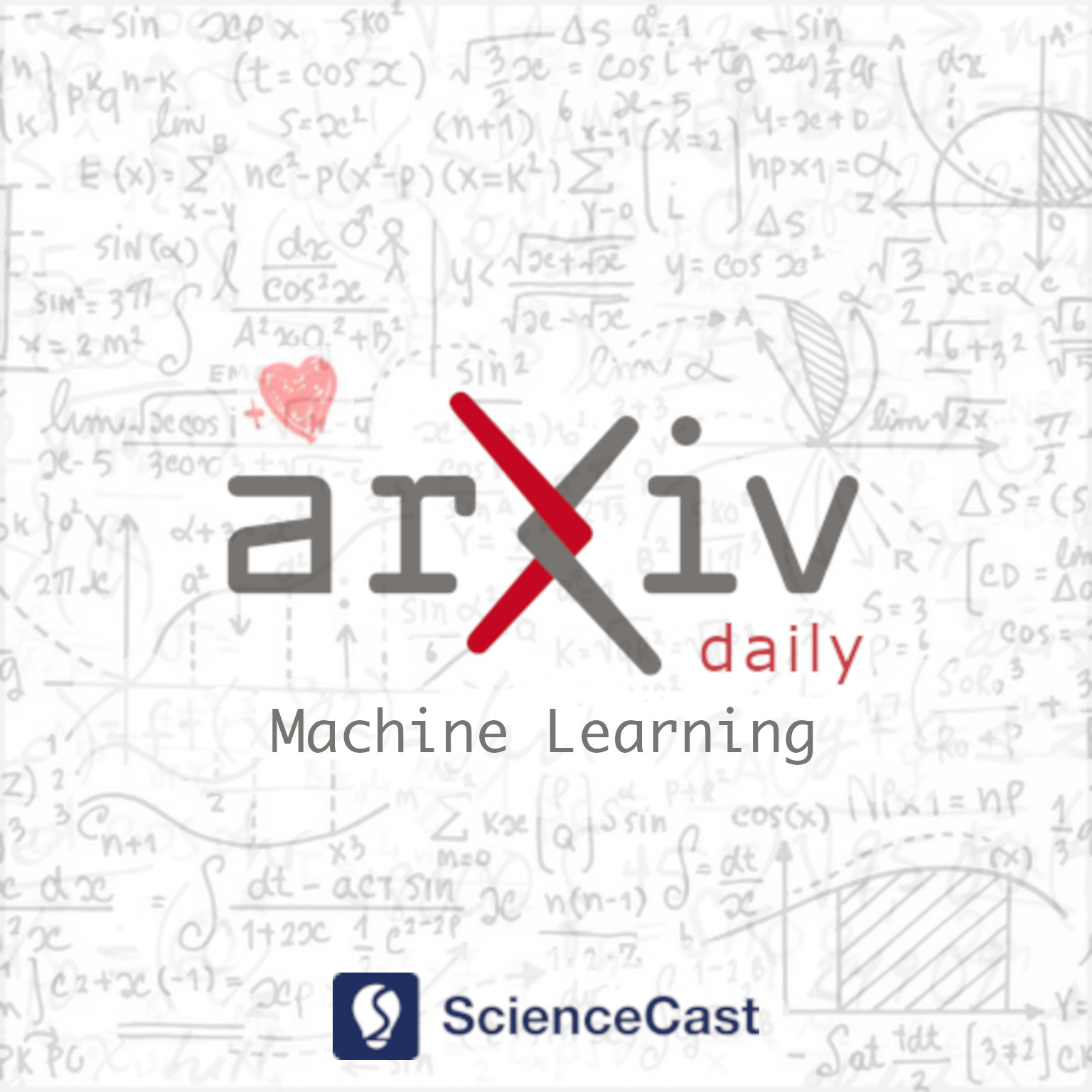
Machine Learning (stat.ML)
Wed, 23 Aug 2023
1.On Uniformly Optimal Algorithms for Best Arm Identification in Two-Armed Bandits with Fixed Budget
Authors:Po-An Wang, Kaito Ariu, Alexandre Proutiere
Abstract: We study the problem of best-arm identification with fixed budget in stochastic two-arm bandits with Bernoulli rewards. We prove that surprisingly, there is no algorithm that (i) performs as well as the algorithm sampling each arm equally (this algorithm is referred to as the {\it uniform sampling} algorithm) on all instances, and that (ii) strictly outperforms this algorithm on at least one instance. In short, there is no algorithm better than the uniform sampling algorithm. Towards this result, we introduce the natural class of {\it consistent} and {\it stable} algorithms, and show that any algorithm that performs as well as the uniform sampling algorithm on all instances belongs to this class. The proof is completed by deriving a lower bound on the error rate satisfied by any consistent and stable algorithm, and by showing that the uniform sampling algorithm matches this lower bound. Our results provide a solution to the two open problems presented in \cite{qin2022open}.
2.MKL-$L_{0/1}$-SVM
Authors:Bin Zhu, Yijie Shi
Abstract: This paper presents a Multiple Kernel Learning (abbreviated as MKL) framework for the Support Vector Machine (SVM) with the $(0, 1)$ loss function. Some first-order optimality conditions are given and then exploited to develop a fast ADMM solver to deal with the nonconvex and nonsmooth optimization problem. Extensive numerical experiments on synthetic and real datasets show that the performance of our MKL-$L_{0/1}$-SVM is comparable with the one of the leading approaches called SimpleMKL developed by Rakotomamonjy, Bach, Canu, and Grandvalet [Journal of Machine Learning Research, vol. 9, pp. 2491-2521, 2008].
3.Quantifying degeneracy in singular models via the learning coefficient
Authors:Edmund Lau, Daniel Murfet, Susan Wei
Abstract: Deep neural networks (DNN) are singular statistical models which exhibit complex degeneracies. In this work, we illustrate how a quantity known as the \emph{learning coefficient} introduced in singular learning theory quantifies precisely the degree of degeneracy in deep neural networks. Importantly, we will demonstrate that degeneracy in DNN cannot be accounted for by simply counting the number of "flat" directions. We propose a computationally scalable approximation of a localized version of the learning coefficient using stochastic gradient Langevin dynamics. To validate our approach, we demonstrate its accuracy in low-dimensional models with known theoretical values. Importantly, the local learning coefficient can correctly recover the ordering of degeneracy between various parameter regions of interest. An experiment on MNIST shows the local learning coefficient can reveal the inductive bias of stochastic opitmizers for more or less degenerate critical points.